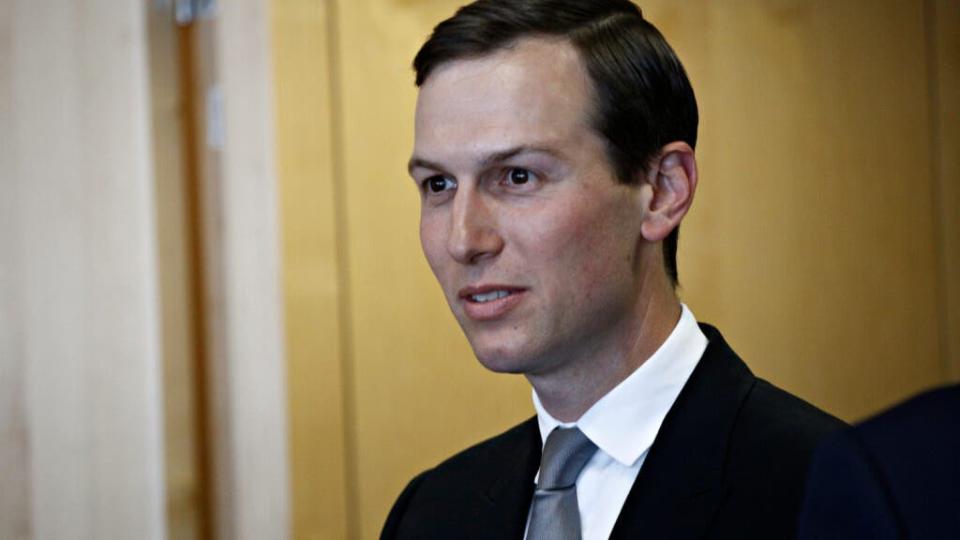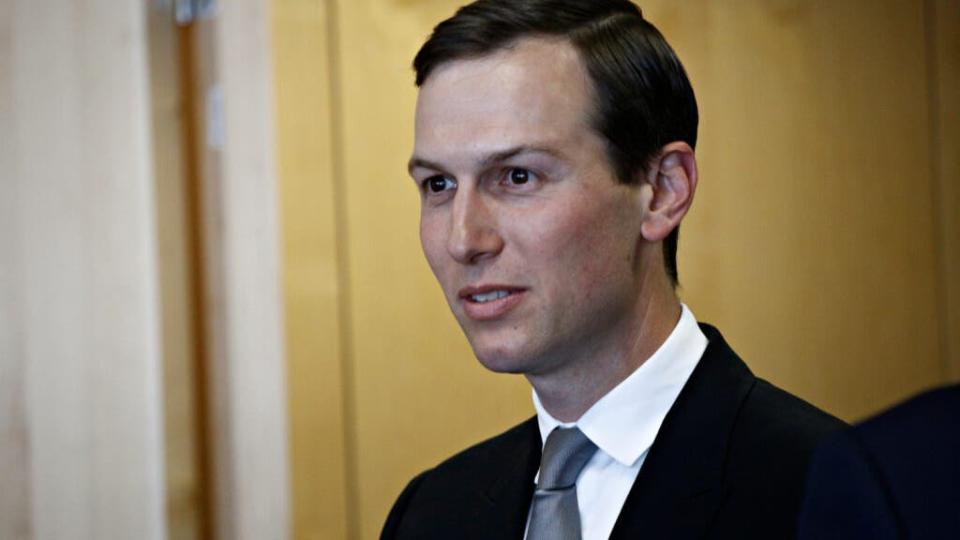
Just months after leaving the White House in 2021, Jared Kushner secured a $2 billion investment from a Saudi crown prince-led fund, despite objections from the fund’s advisers about the deal.
A panel that screens investments for the Saudi sovereign wealth fund expressed concerns about Kushner’s new private equity firm, Affinity Partners. According to The New York Times, they cited issues like the firm’s inexperience, the possibility of the kingdom bearing most of the investment risk, unsatisfactory due diligence on the firm’s operations, an excessive asset management fee, and public relations risks due to Kushner’s previous role as a senior adviser to President Trump.
Don’t Miss:
However, the full board of the $620 billion Public Investment Fund, led by Crown Prince Mohammed bin Salman, overruled the panel. This deal raised ethical concerns, as it could be seen as kickback for Kushner’s actions in the White House or an attempt to gain favor as Trump seeks another presidential term in 2024.
Kushner’s close ties to the Saudi crown prince, including his defense of him after the Khashoggi murder, have also drawn attention. Interestingly, the Saudi fund invested twice as much with Kushner compared to former Treasury Secretary Steven Mnuchin, even though Mnuchin had a successful investment record before entering government.
In response, a spokesperson for Kushner’s firm highlighted their careful screening criteria for investors, while the Saudi fund declined to comment on its investment process. The deal’s documents reveal that Kushner’s venture heavily relies on Saudi money.
Kushner initially aimed to raise up to $7 billion, primarily from Saudi Arabia, but has secured few other major investors. As of the most recent filing, his firm reported $2.5 billion under management, primarily from overseas investors.
Both Kushner and Mnuchin offered the Saudi fund discounts on asset management fees and a share of fund profits. However, the Saudis agreed to pay a lower fee to Mnuchin’s firm.
The debate within the Saudi fund over investing in Kushner’s firm was in clear contrast to the easy approval of Mnuchin’s proposal. Mnuchin’s fund focused on cybersecurity, financial technology, and entertainment, aligning with Saudi priorities, while Kushner’s firm lacked a clear focus.
Kushner’s lack of private equity experience and unsatisfactory due diligence findings were acknowledged but attributed to the firm’s early stages. The Saudi fund stipulated conditions for Kushner’s firm to draw down the investment.
Despite objections from some panel members, the board ultimately approved the deal, citing the aim of forming a strategic relationship with Affinity Partners and Jared Kushner.
This week it was announced that Affinity Partners is making its first investment in Israel by acquiring a $150 million minority stake in an Israeli car company. In this transaction, Affinity will purchase a 15% stake in the car and credit division of S Shlomo Holdings Ltd, a closely held Israeli company. The investment was disclosed in a filing on September 6th.
The investment raises questions about the strategic direction of Affinity Partners and its growing international portfolio.
See more on startup investing:
Don’t miss real-time alerts on your stocks – join Benzinga Pro for free! Try the tool that will help you invest smarter, faster, and better.
This article Jared Kushner’s Post-White House $2 Billion Saudi Investment Sparked Ethical Debate and Saudi Skepticism Due to ‘Inexperience’ and ‘Public Relations Risks’ originally appeared on Benzinga.com
.
© 2023 Benzinga.com. Benzinga does not provide investment advice. All rights reserved.


